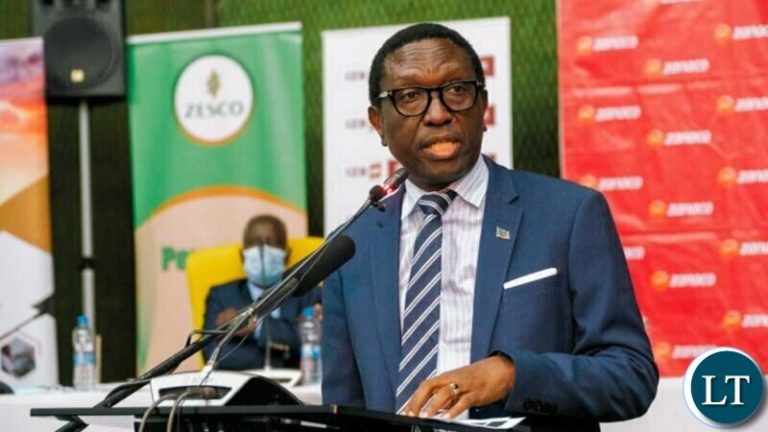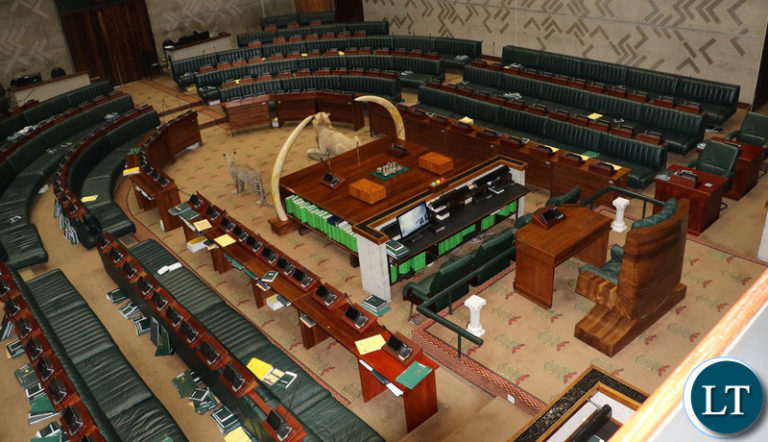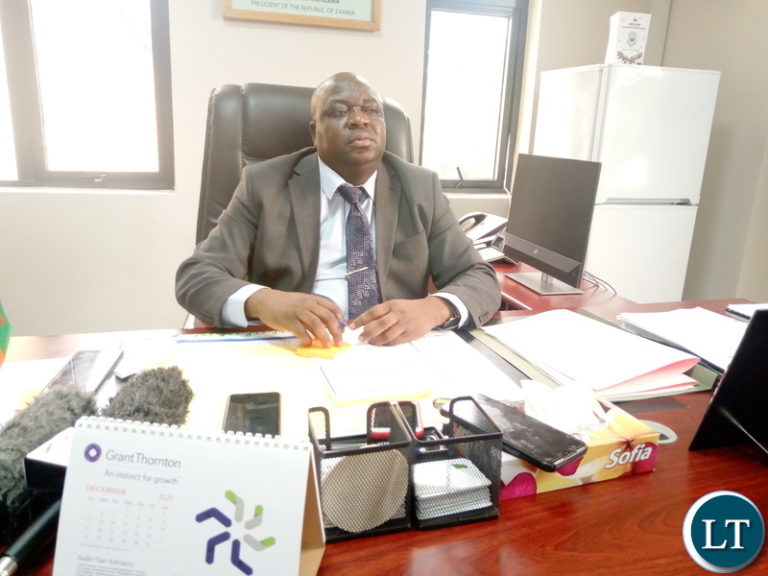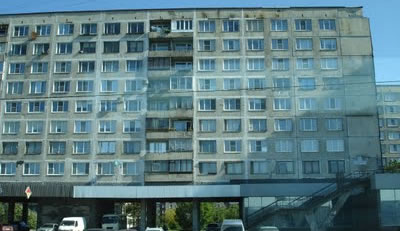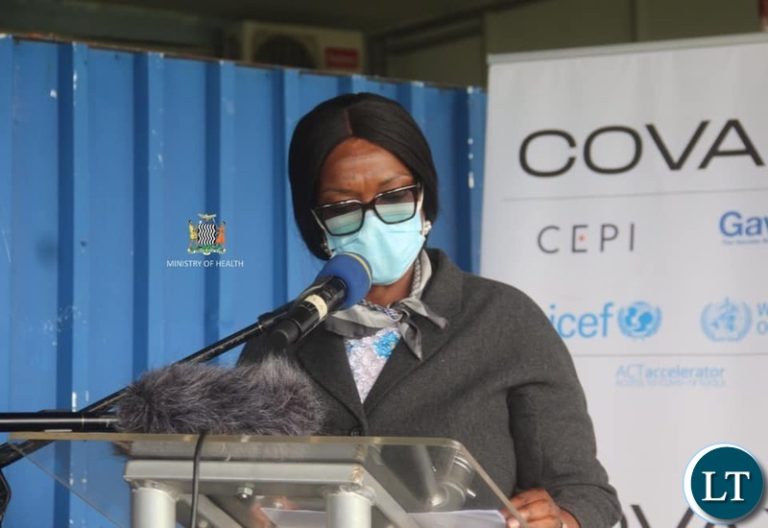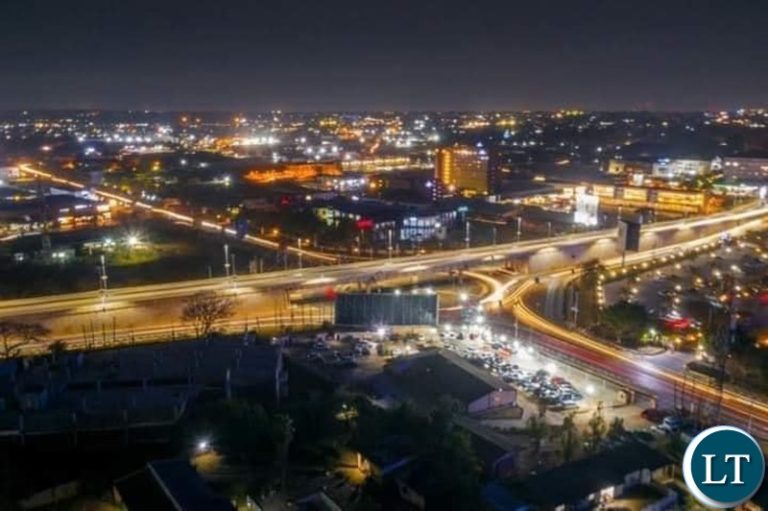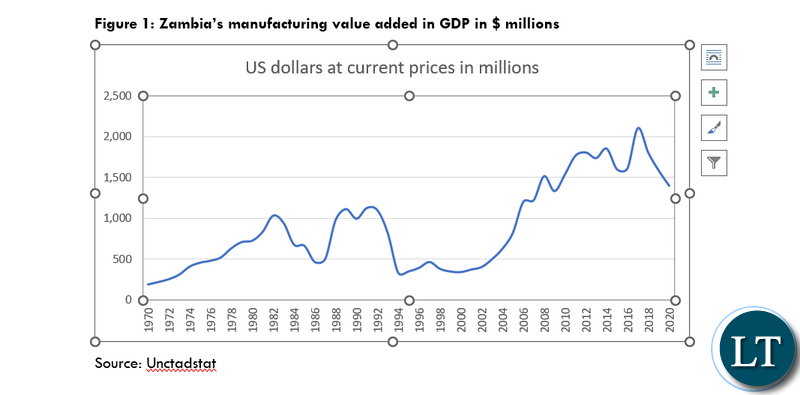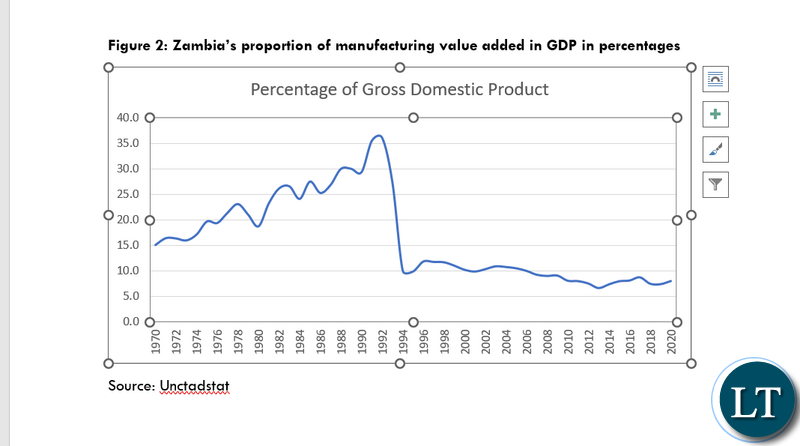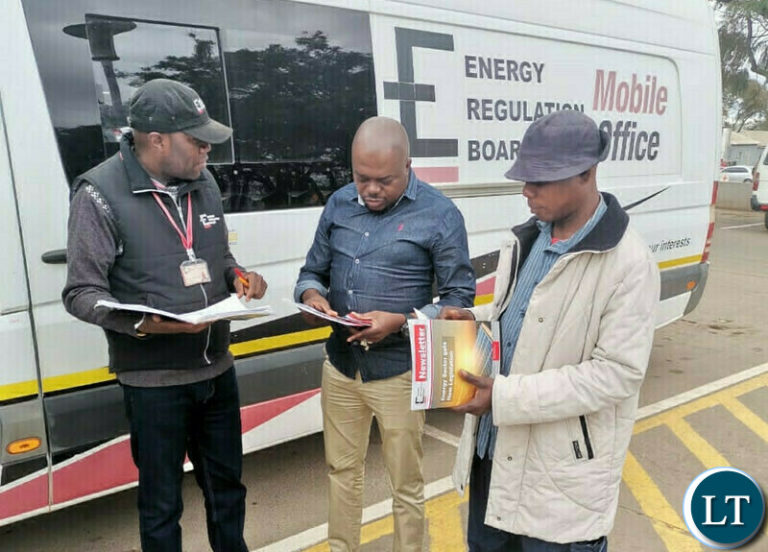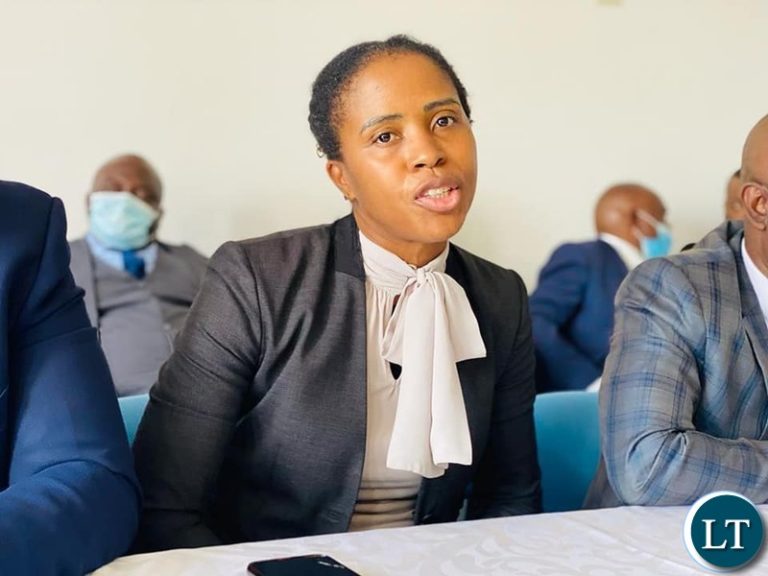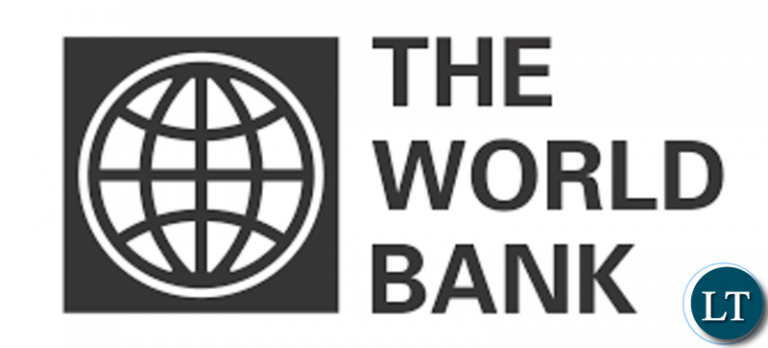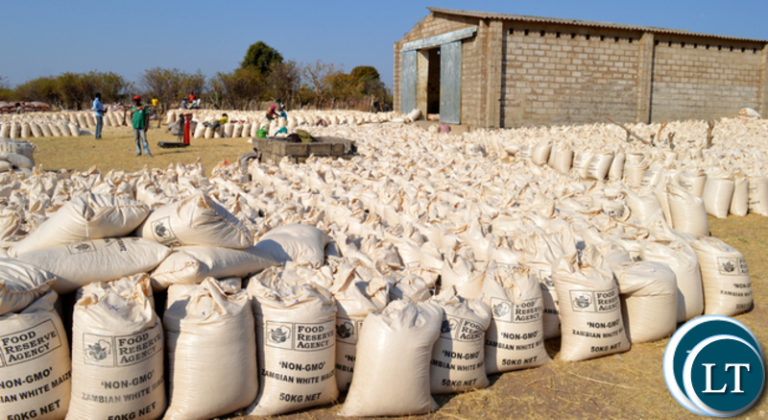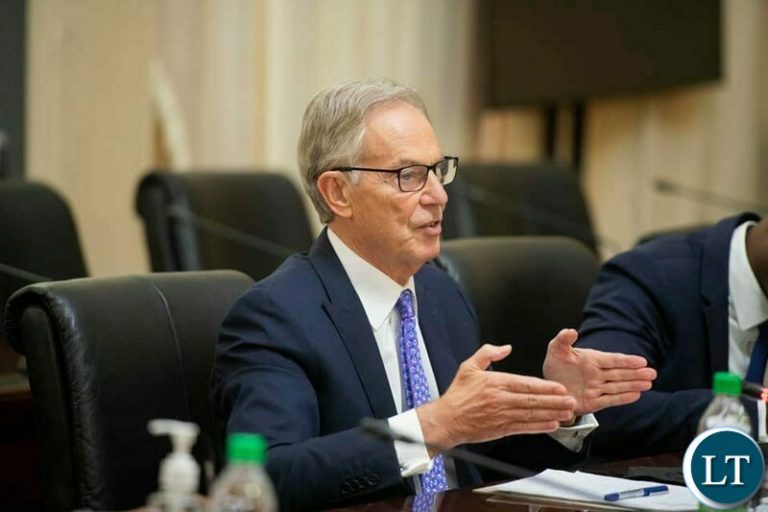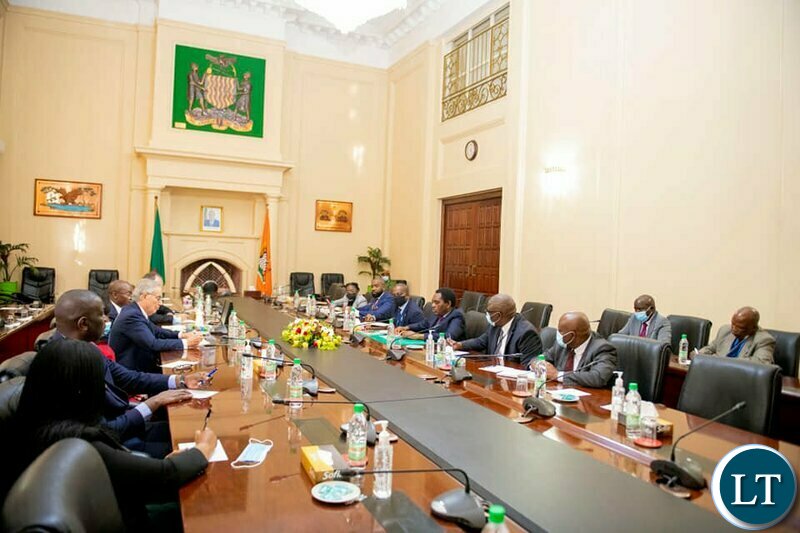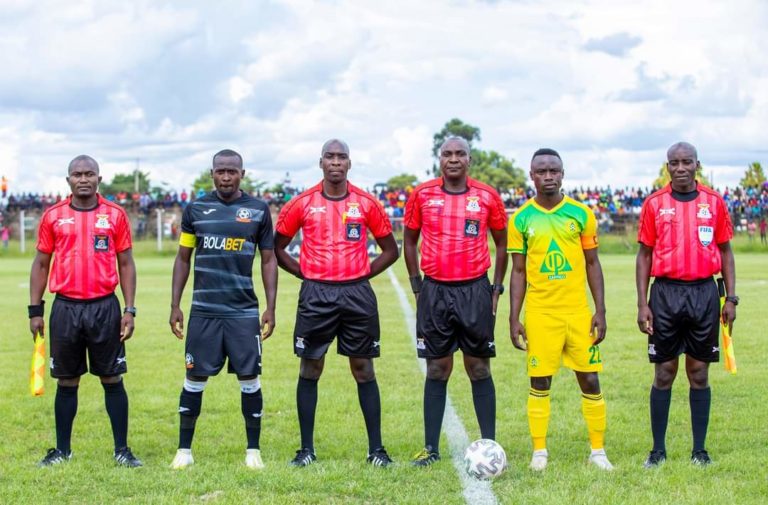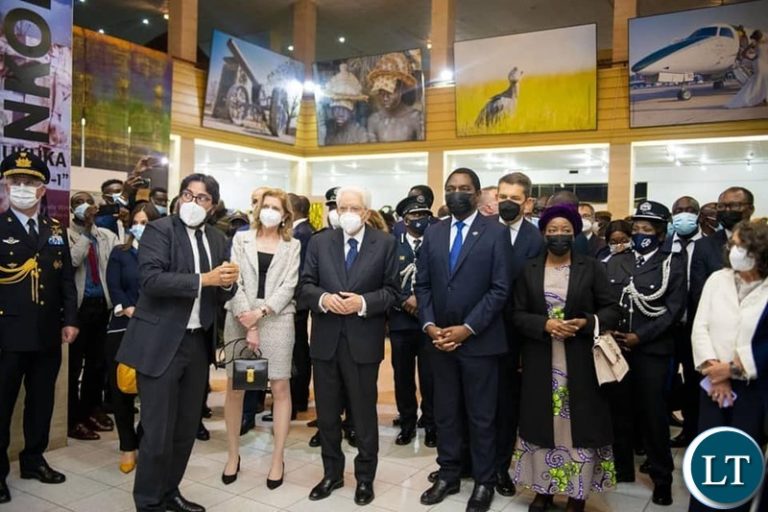Minister of Energy Eng. Peter Kapala says government will not revert to a quarterly review of fuel pump prices.
Eng. Kapala states this that the old system of adjusting fuel prices quarterly makes it difficult to manage the debts that government owes oil marketing companies.
Disclosing the matter on his Facebook page yesterday, the minister notes that the quarterly review of fuel pump prices does not make the pump price cost-reflective.
“We have no plans to revert to previous ways of adjusting fuel prices after months, as that makes it hard to manage the debts owed to oil marketing companies and doesn’t make the pump price to be cost-reflective,” Eng. Kapala said.
In January this year, the Energy Regulation Board (ERB) commenced the monthly pricing cycle of petroleum products.
And in March, the Minister of Energy maintained the same position saying government had no intention to go back to quarterly or yearly reviews of fuel pump prices.
“The country has tried long term review cycles before and we ended up with large fuel price increases and a very large government debt from unpaid fuel bills,” Eng. Kapala said.
Eng. Kapala added that this was due to the fact that the government could not sustain subsidies and could not pay suppliers on time.
“Delaying price reviews doesn’t make the problems disappear. This only compounds the problem, like papering ( adhering wall paper) over cracks on a wall,” he said.
For the month of July 2022, the Energy Regulation Board (ERB) revised the pump price for Petrol upward by K1.80 per litre bringing the new price to K26.75.
The price for Diesel was also adjusted upwards by K2.37 bringing the new pump price to K28.01 and that of Kerosene at K2.51, bringing its pump price to K 21.27, respectively.
ERB Board Chairperson Reynolds Bowa attributed the adjustment to the unprecedented increase in the price of petroleum products on the international market.
“The recorded increase in international oil prices was mainly attributed to the global oil demand and supply imbalance caused by a combination of factors such as the continued geopolitical tension in Ukraine and Russia and increased oil demand worldwide which has caused premium demands for both product prices and freight costs,” he said.
Mr. Bowa stated that the demand has put pressure on the landed cost of petroleum products, hence, the prices of petroleum products on the local market have all surpassed the threshold for upward price adjustment.


